Being A Good Samaritan: Helping Others In Distress During A Hurricane
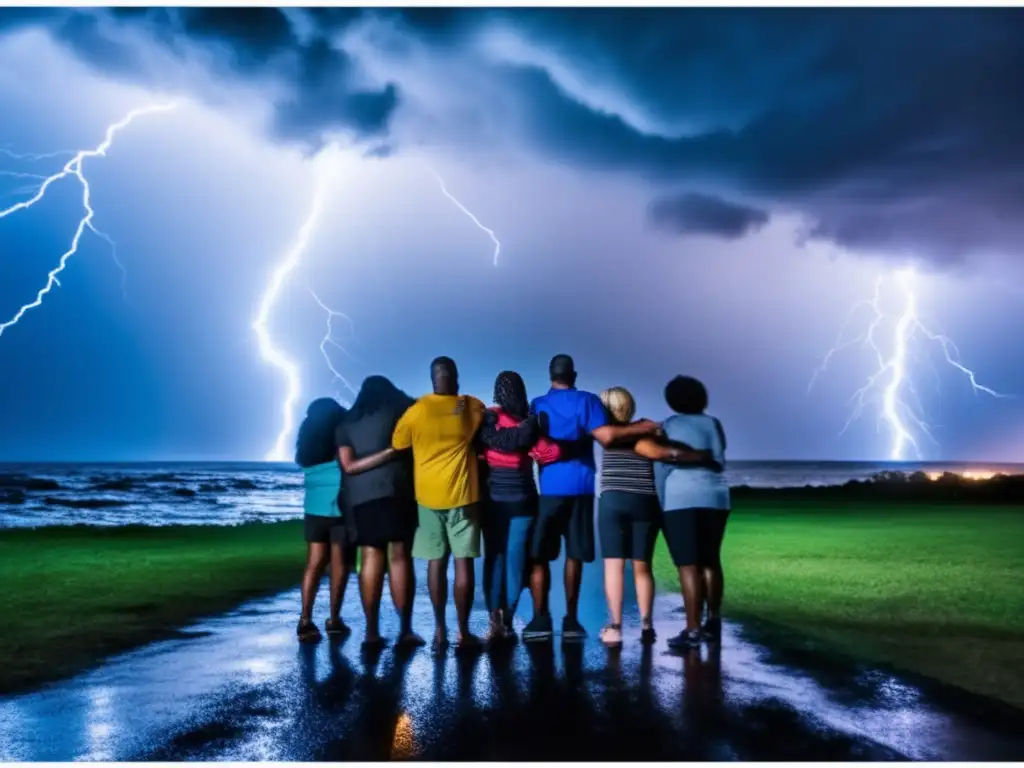
Being a Good Samaritan: Helping Others in Distress During a Hurricane
Introduction
Hurricanes can be a devastating force of nature that leave communities in distress and disarray. In addition to severe damage to infrastructure and homes, hurricanes can also put people at risk, especially vulnerable populations such as the elderly, disabled, and children. During a hurricane, it is important to not only focus on your own safety but also think about how you can help others in need. In this article, we will discuss ways in which you can be a good Samaritan and provide assistance to those in distress during a hurricane.
Check on Your Neighbors and Community
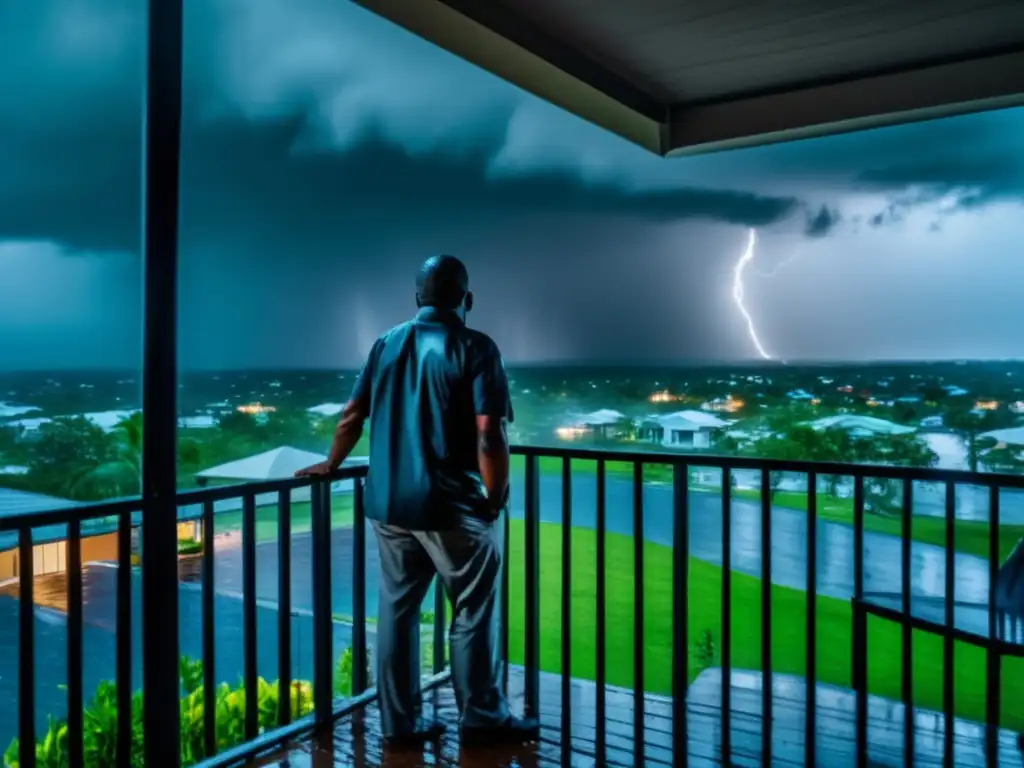
Identifying At-Risk Populations
Before a hurricane hits, it is essential to identify at-risk populations in your community. These groups may include the elderly, disabled, and those who live alone or lack transportation. Once identified, it is important to make contact with them and ensure they are aware of the impending storm and have made necessary preparations. For those unable to prepare adequately, offer assistance, such as helping them evacuate or securing their homes. Remember always to respect the wishes of those you are assisting and never force them to evacuate or leave their property.
In the aftermath of a hurricane, resources such as food, water, and medical supplies may be scarce. It is essential to share resources with your neighbors and community members, particularly those who may be unable to access them independently. Consider donating items to local shelters or setting up a community sharing system to ensure everyone has access to necessary resources.
Organize Community Efforts
Coordinating community efforts can help provide relief to individuals and communities affected by a hurricane. Forming a neighborhood or community group dedicated to helping those in need can be incredibly impactful. This group can organize communication, share resources, and assist in recovery efforts. By working together, communities can increase their resilience and ability to respond to future disasters.
Emergency Response
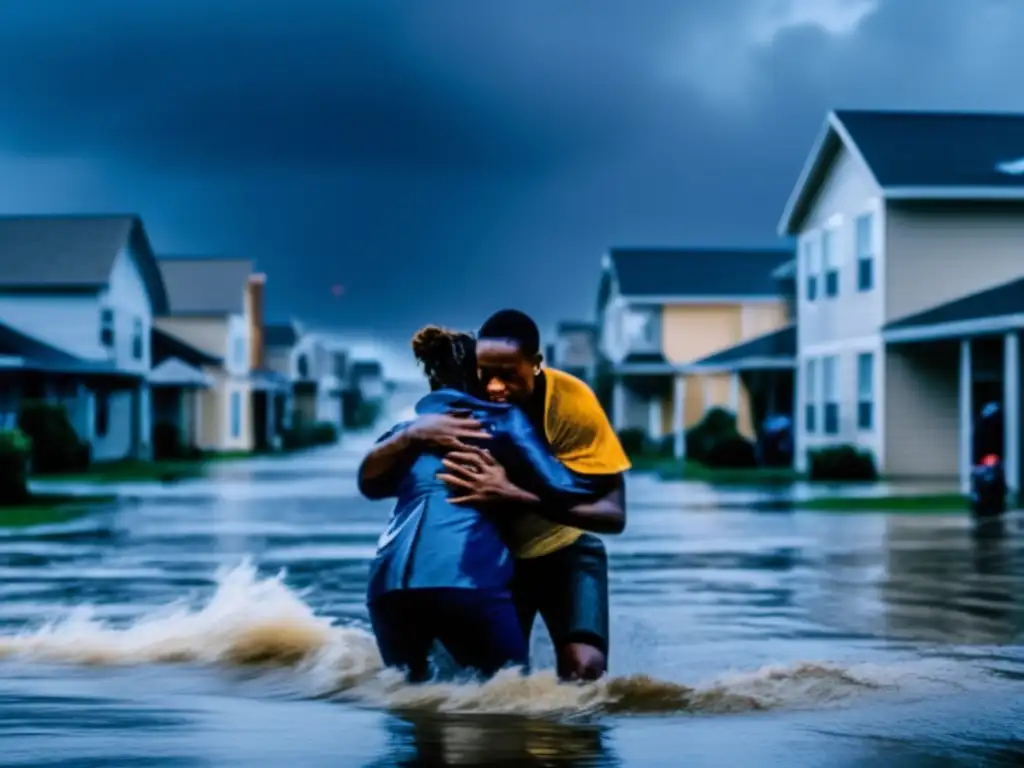
First Aid and Medical Assistance
In the event of injuries during a hurricane, it is necessary to provide first aid and seek medical attention immediately. Ensure that you have basic medical supplies on hand and are familiar with administering first aid techniques. If someone requires more advanced medical assistance, call for emergency services.
Assisting Emergency Personnel
Emergency personnel such as firefighters and police officers will likely be overwhelmed during a hurricane. You can help them by staying out of their way, reporting emergencies promptly, and providing assistance if needed. If you have specialized knowledge, such as medical training or construction experience, offer your services to emergency personnel to assist in their efforts.
Evacuating Those in Need
Not everyone may be able to evacuate during a hurricane due to lack of transportation or other issues. If you have a vehicle and are able to do so safely, consider offering to transport individuals to safer locations. Always make sure to follow evacuation guidelines and cooperate with local officials.
Post-Hurricane Recovery
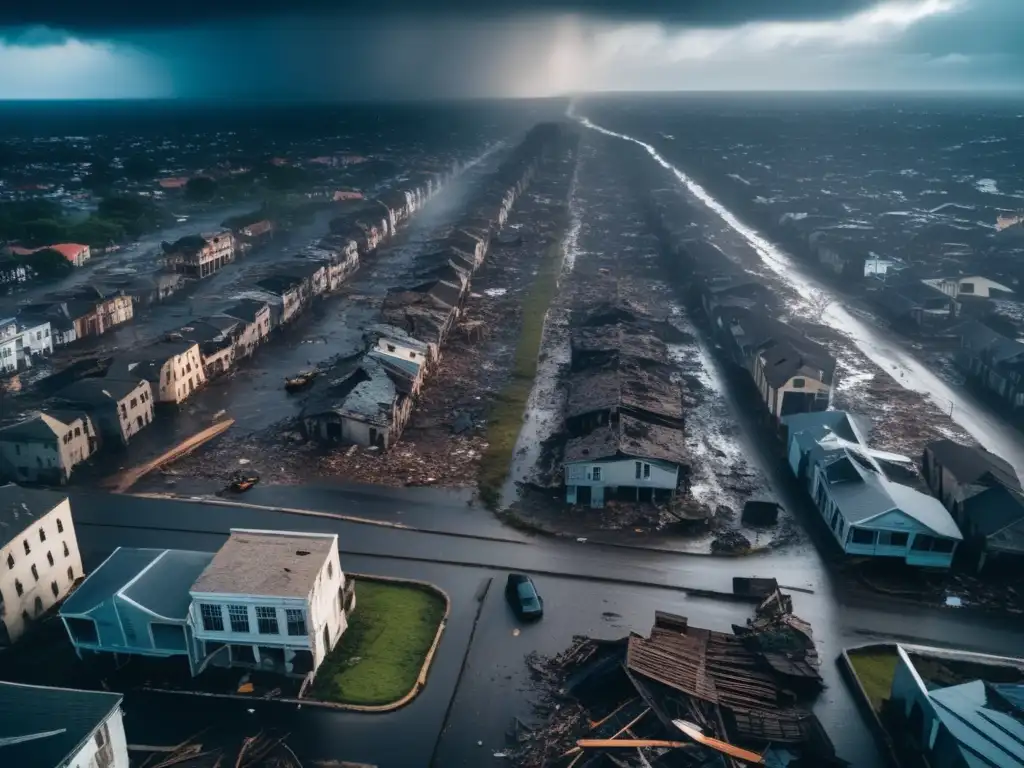
Clean-Up Efforts
After a hurricane, communities may be left with debris and damage to infrastructure. Participating in clean-up efforts can help get communities back on their feet and running again. This can include clearing streets and sidewalks of debris, assisting in repairing homes, and donating materials such as cleaning supplies and building materials. Always ensure that you are working safely and effectively, following guidelines for disposing of waste and hazardous materials.
Assisting Those in Need
For those directly affected by a hurricane, recovery can be a long and difficult process. Offering assistance in whatever way you are able, such as providing meals or helping with transportation, can be incredibly valuable. Consider volunteering at local shelters or donating to reputable charities providing hurricane relief.
Mental Health Support
Hurricanes can have a significant impact on mental health, particularly for those directly affected by the storm. Providing emotional support to those in need by listening, offering comfort, and connecting them to mental health resources can be crucial in aiding their recovery.
Frequently Asked Questions

-
What should I do if I see someone in distress during a hurricane?
If you see someone who requires immediate help, call emergency services for assistance. If you are comfortable doing so safely, offer assistance, such as providing first aid or helping them evacuate.
-
How can I donate to hurricane relief efforts?
There are many reputable charities and organizations offering hurricane relief. Do your research to find one that aligns with your values and donate money or supplies as necessary.
-
What should I do if I am unable to evacuate during a hurricane?
Always follow evacuation guidelines and cooperate with local officials. If you are unable to evacuate, seek shelter in a safe and secure location, such as an interior room or basement. Make sure you have adequate food and water supplies.
-
What precautions should I take when participating in post-hurricane recovery efforts?
Ensure you are working safely and effectively, following guidelines for disposing of waste and hazardous materials. Wear protective gear such as gloves and masks, and avoid working alone if possible.
-
How can I prepare for future hurricanes?
Stay informed by keeping up-to-date with local emergency alerts and hurricane warnings. Create an emergency preparedness plan, including evacuation routes and necessary supplies such as food, water, and first aid kits. Make sure to keep important documents safe and easily accessible.
Conclusion
During a hurricane, it is essential to remember that we are all in this together. By taking steps to help others who may be in distress, we can contribute to a safer, more resilient community. Whether it is providing first aid or donating supplies, every act of kindness makes a difference in the recovery process. Remember to prioritize your own safety and cooperate with local officials during a hurricane, but also consider how you can assist those around you. Together, we can weather any storm.
We hope this article has provided valuable information on how to be a good Samaritan and help others in distress during a hurricane. Our website, hurricaneinsider.org, provides comprehensive resources on preparing for and responding to hurricanes. We encourage you to share your thoughts and experiences in the comments section and engage positively with our community. Thank you for your attention and stay safe.
Additional Resources
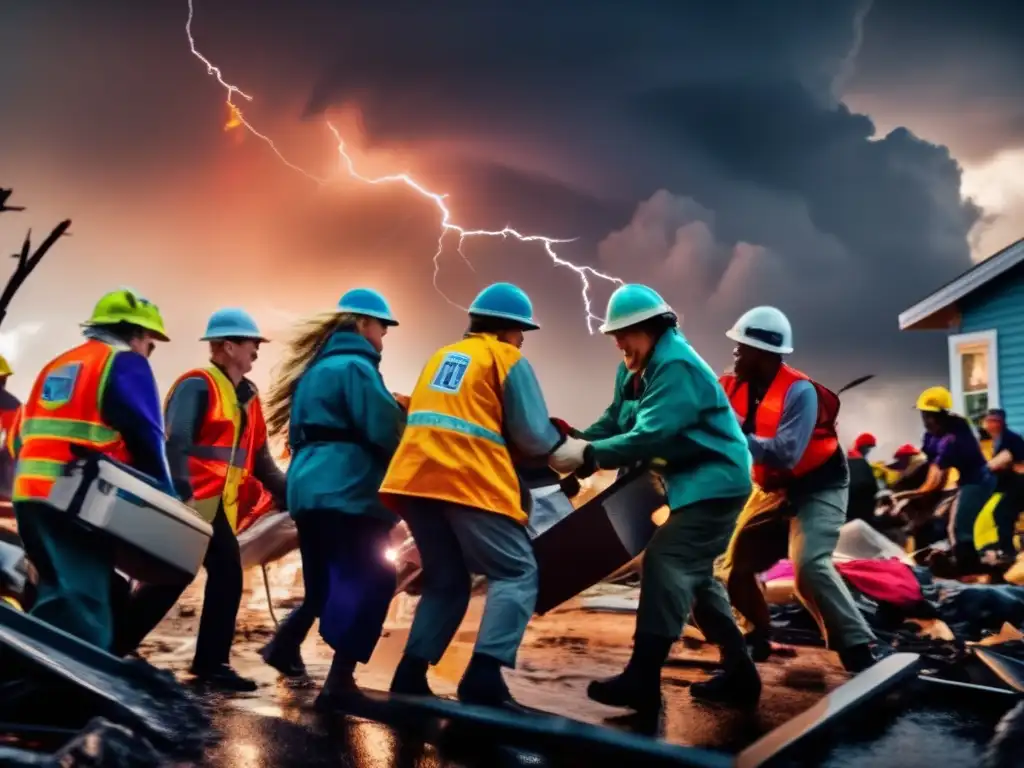
- Ready.gov: Hurricanes
- American Red Cross: Hurricane Season 2020
- Federal Emergency Management Agency: Hurricanes
 The Bridge Between: Transitioning From Hurricane To Recovery
The Bridge Between: Transitioning From Hurricane To Recovery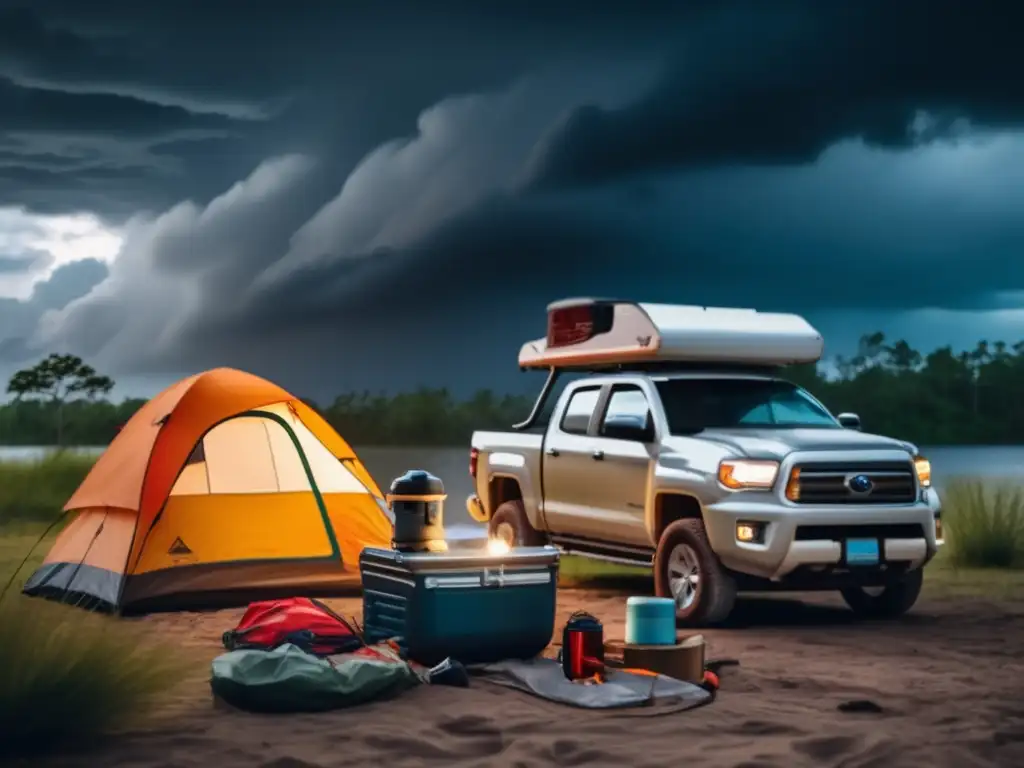 The Great Outdoors: Camping Safety During A Hurricane
The Great Outdoors: Camping Safety During A Hurricane Setting The Scene: Creating A Comfortable Environment During A Hurricane
Setting The Scene: Creating A Comfortable Environment During A HurricaneIf you want to discover more articles similar to Being A Good Samaritan: Helping Others In Distress During A Hurricane, you can visit the During the hurricane: category.
Leave a Reply

Articulos relacionados: